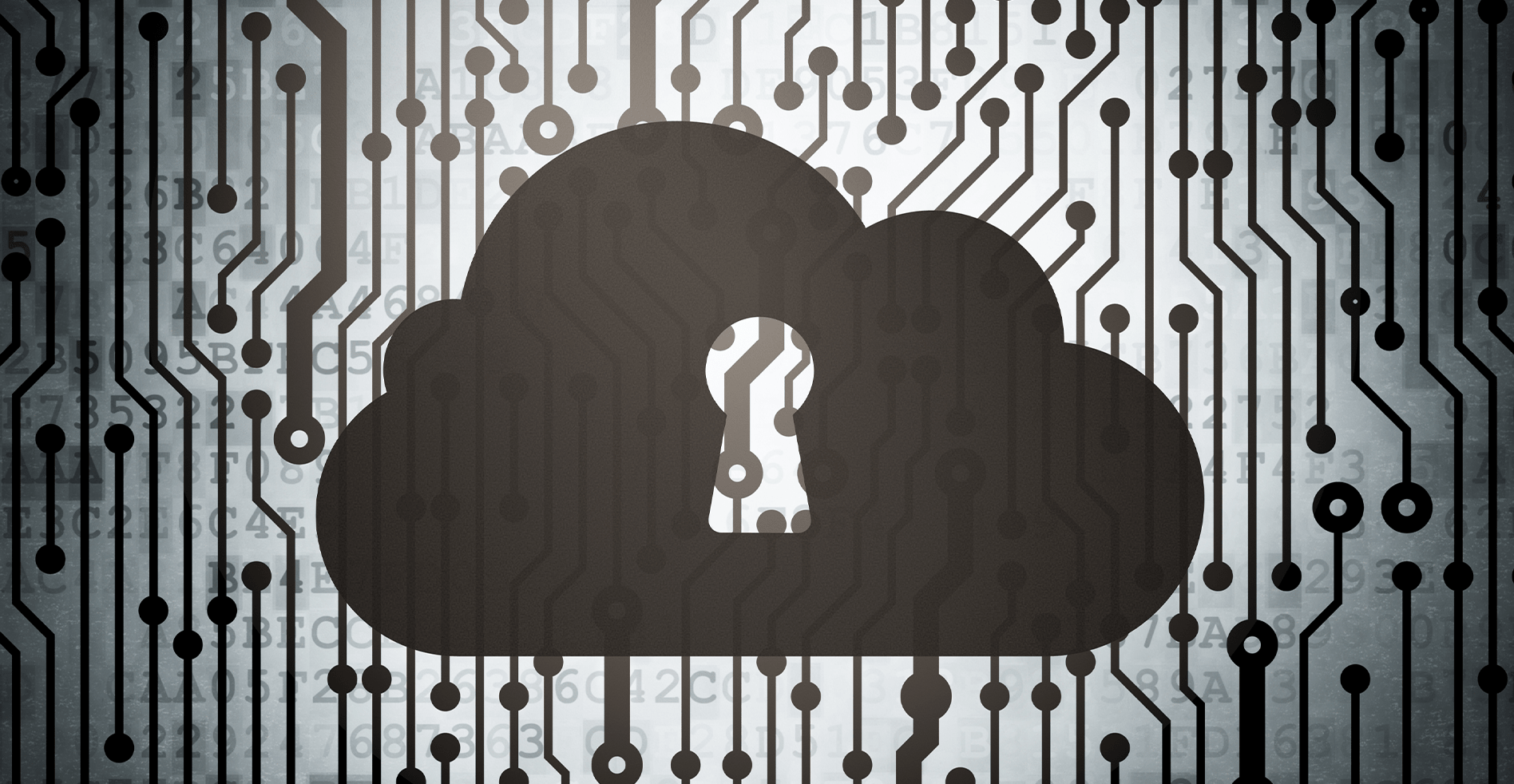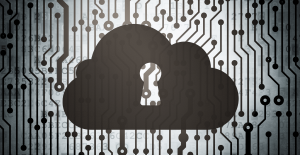Technology & Tools
Is Your Clients’ Private Digital Information Safe on Your Network and Devices?
Published on: December 18th, 2014

The theft of digital information has become the most commonly reported type of criminal fraud. Surprisingly, the theft of digital information has actually surpassed physical theft. When JP Morgan Chase was hacked earlier this year, it compromised sensitive data for over 76 million worldwide customers.
Cybercrime is a Big Danger for Businesses’ Digital Information
While financial institutions and big retailers have been strengthening their networks against attacks, cybercriminals have begun targeting less well-defended small businesses. Small businesses are attacked every day, it just doesn’t make the news like a massive data breach at Target or Home Depot. If you aren’t convinced that it’s a major problem, review the following information based on a 2013 survey conducted by the National Small Business Association:
- 44% of small businesses have been victims of cyber attacks. The average cyber attack costs a small business $8,700.
- In 2011, businesses with less than 250 employees accounted for 18% of cyber attacks. In 2013, that number rose to 30%.
- Businesses must often pay to notify customers of a data breach and also pay for credit monitoring for customers with compromised information. Companies are potentially liable for damages in lawsuits brought by customers with compromised information.
Don’t Gamble with Your Clients’ Loyalty by Putting Their Security at Risk!
Follow these recommendations to increase the security of your network and to safeguard your clients’ valuable personal and financial information:
- Cybersecurity Awareness: Awareness, education, and training is actually the first line of defense when it comes to protecting your business and clients from cybercrime. Establish a cybersecurity plan and policies that require the use of passwords; guidelines for handling client data and customers’ financial information; and appropriate internet use while on the job.

- Secure Your Wi-Fi Network: Password protect access to the router on your network. A common misconception is that simply having a router on your network will provide the protection you need. Without a password on the router, it is like putting a door on your office but not locking it.
- Authentication and Passwords: Each employee must have unique passwords and passwords should be changed every three months. Multi-factor authentication adds greater protection because it requires additional information to gain entry. When working with vendors that are handling your sensitive financial information, ask if they use multi-factor authentication. If not, you might want to work with a different vendor.
- Secure Transactions: Protect client financial information from theft during online transactions by using encryption software. Encryption software also protects your business’ financial accounts, personnel files, product information, and other highly sensitive data. Isolate payment systems from each other and don’t surf the internet from the computer you use to process payments.
- Clean Machines: Always use the latest operating system, security software and web browser. These will provide the best protection against online threats including viruses and malware. Block spam with a reliable spam filter, plus your e-mail will be easier to manage.
- Firewall: Consider using a reliable firewall that prevents outsiders from accessing data on your private network. If your employees work from home, be sure that their home system is also firewall protected.
- Mobile Devices: Require users to password protect their mobile devices, encrypt their data and install security apps to prevent cybercriminals from stealing information while the device is on a public network.
- Control Business and Client Information: Know exactly how and where critical information is stored, how it is used and how it is protected. Administrative privileges are only for key personnel. Limit employee access to data and always use strong and individualized passwords. Lock laptop equipment when not in use. Use a reliable backup system that is at minimum HIPPA compliant.
Play It Safe!
Computer Troubleshooters can help you fight cybercrime by strengthening your business’ network with a variety of security products and solutions to cover all areas that are potentially at risk in your business. Computer Troubleshooters can also help you to establish a cybersecurity plan and policies for your business. Give your local Computer Troubleshooters office a call and one of their technology professionals will be happy to help you.

